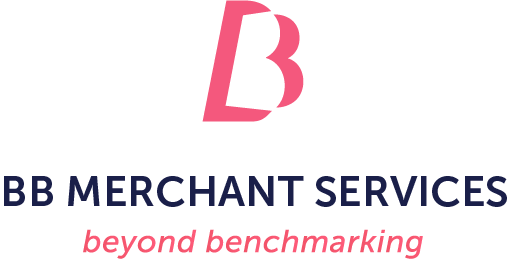Apple recently announced the US launch of its own BNPL in the form of Apple Pay Later. However, with the pace of BNPL regulation falling well behind the rapid growth of existing and new services, is the sector becoming crowded, too complex, and is the risk of consumer harm increasing?
A growing regulatory concern is that firms that do not ensure that proper affordability checks are completed before lending risk placing consumers into worsening debt situations. In a recent UK survey by the Step Change Charity, 49% of people with a BNPL loan say they find it challenging to keep up with household bills and credit repayments. This figure rises to 59% among those with two or more BNPL loans.
Market uncertainty is affecting investor confidence
There are over 150 BNPL providers around the world. However, soaring inflation, rising costs, and increasing regulation will likely introduce market uncertainty. In addition, major players such as Klarna, Affirm and PayPal face their BNPL services being squeezed further by Apple’s launch.
For example, Klarna recently laid off 10% of its workforce and has seen its valuation drop by half from its peak at $46bn. Although, it’s hoping that a partnership with Marqete to launch a physical BNPL card in the US will help. It already offers physical BNPL cards in the UK, Sweden, and Germany.
Also, shares in the US-based provider Affirm have dropped 80% this year despite a partnership with Amazon and Walmart. Although, in a bid to improve performance, the company has recently made its BNPL product available to Stripe merchants.
Customers shopping at Stripe merchants that enable Affirm’s Adaptive Checkout can spread out payments for purchases. Adaptive Checkout, launched last year, shows customers a comparison of BNPL options—biweekly or monthly costs—for each transaction at Checkout.
Growing complexity is fuelling the risk of consumer harm
Apple says it has designed the new service with “a user’s financial health in mind.” However, BNPL is a sector that has come under a lot of pressure from government regulators as potentially harmful to customers.
Apple’s new service has been in the works since last year and allows consumers to repay purchases over six weeks in four payments. There will be no interest on the payments, but it is unclear currently if Apple will charge any late fees.
In addition, across the BNPL marketplace, a wide range of payment models and options are available. These include variations in the number of payments and different frequency terms for repayment. Also, there are several ways BNPL can be integrated into the customer journey with models ranging from physical cards to integrations into browsers.
The growing range of options for firms around integration, payment models and financing will place them under growing pressure to ensure what they supply does not harm consumers. This will become more challenging if economic conditions worsen and regulators tighten scrutiny.
How firms do this will be vital to the success or not of the sector in the future. Apple’s statement that it has the user’s financial health in mind will be tested at some point by regulators.


